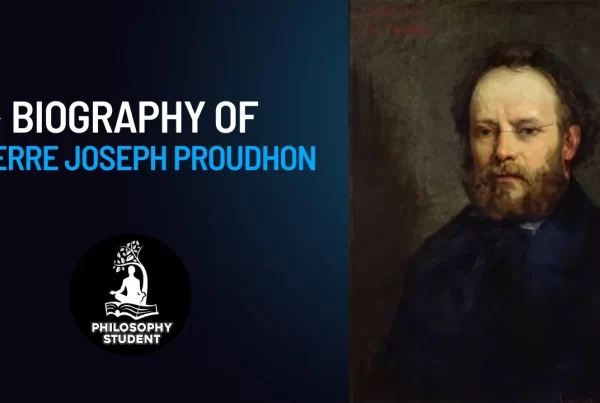Many religions distinguish between truths accessible through reason (natural theology), and truths accessible through faith (revealed theology). Both natural and revealed theology raise interesting philosophical questions about these two sources of knowledge and the relationship between the two. The philosophy of religion is primarily concerned with natural theology and, therefore, with the four traditional arguments for the existence of God.
The ontological argument proceeds via definition. Early articulations maintained that the perfection of God entails his existence, while recent versions proceed on the (controversial) modal principal that the possibility of a necessary being entails its actual existence. The cosmological argument maintains that since every event must have a cause, the existence of God is required to explain the existence of the universe. Critics counter that such explanatory requests are either unnecessary or constitute a category mistake—that is, an error of reasoning based on placing an entity in the wrong ontological or semantic category.
The teleological argument proceeds on the grounds that the best explanation for the design of the universe is that it was created by God. There are, however, other explanations available for apparent design and concerns about how far such analogical reasoning can be pushed.
Finally, the moral argument attempts to establish the existence of God as the ultimate explanation for our moral beliefs, but such arguments are clearly dependent on specific ethical theories. Conversely, the problem of evil maintains that the (Judeo-Christian) conception of God as omnipotent, omniscient, and benevolent is inconsistent with the existence of evil. In response, most theodicies (arguments in vindication of divine goodness) maintain either that such evil is nevertheless part of an overall best possible world or that it is an inevitable consequence of free will.
Other work in the philosophy of religion involves applying results from the philosophy of language to the vexed question of divine attribution; and, in the Continental tradition, applying phenomenological and existentialist analyses to the understanding of religious experience.




































